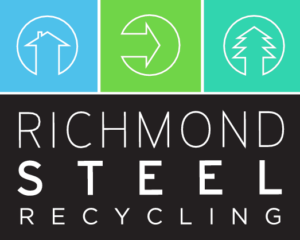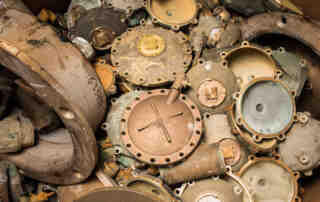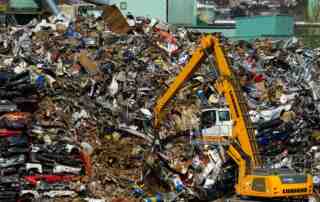How Scrap Metal Is Salvaged and Sorted On-Site Using Our Techniques and Heavy Equipment
There are plenty of reasons to demolish an industrial facility: age of the structure, new technologies, changes in industry location. But even though a building is at the end of its life, all of the scrap metal inside is ready to be used again. It just needs to be recovered, [...]





